Mridul Wadhwa, a trans woman, recently resigned from her position as CEO of the Edinburgh Rape Crisis Centre in Scotland following her involvement in a disciplinary process against Roz Adams, a former employee who, according to a May 2024 employment tribunal, was the subject of an unfair dismissal.
Per BBC, Adams believed that Rape Crisis Centre clients deserved to choose who they received support care from on the basis of the worker’s biological sex. In other words, she asserted that rape survivors had the right to request a support worker who was born female, and are entitled to a straight answer on the question of what sex their support worker was assigned at birth.
Adams’ position came to light after she inquired about how to respond to a survivor who wanted to know the at-birth sex of a non-binary support worker, and she pushed back on the center’s policy that support workers are under no obligation to disclose their at-birth sex to clients. For her actions and beliefs, Adams was labeled transphobic and hateful, leading to a work environment that prompted her resignation.
Now, onto the tweets:
Mridul Wadhwa’s comments that J. K. Rowling is referring to, here, are almost certainly those Wadhwa made on the Guilty Feminist podcast back in 2021, in the 265th episode, “Creating Our Own World with Kemah Bob and Mridul Wadhwa.” Those comments, pertaining to the then-environment of the Edinburgh Rape Crisis Centre, were as follows:
So we might have fear of men of a certain ethnicity, we might have fear of trans people, and it could be linked to an experience of trauma. I think it is, it is okay to hold those things as long as you are willing to acknowledge that, in support, we will accept that … the other thing is that sexual violence happens to bigoted people as well. And so, you know, it is not discerning crime. But these spaces are also for you. But if you bring unacceptable beliefs that are discriminatory in nature, we will begin to work with you on your journey of recovery from trauma. But please also expect to be challenged on your prejudices.
Speaking as a trans person myself, I offer the following two paragraphs which may seem contradictory, but are more than capable of existing together in harmony.
There is a time and a place to encourage individuals to deconstruct their rigid notions, especially those that have harmfully suppressed the potential of the human spirit for so long. And in those times and places, such encouragement should be applauded on account of the emotional freedom that such a headspace provides; wanting someone to operate from a place of love, compassion, and curiosity is a beautiful thing. A crisis center for sexual violence survivors is no such place, and in the midst of confronting such horrific trauma is no such time. Emotions and the body that they inhabit do not play by any rules, just as the nebulousness of the aforementioned human spirit does not naturally play by any rules. As such, any requests that a trauma survivor might make, no matter how maladaptive it may be to their open-mindedness, should be heeded. There’s absolutely something to be said about society’s role in disarming the shame that so many trans people have tragically internalized as a result of their journey and hardships, but at the end of the day, that sense of self needs to be securely rooted from within, first and foremost. Trauma survivors should not be expected to validate our insecurities about our transness, nor are they capable of it at all; we must do that ourselves.
However, it is deathly irresponsible of J. K. Rowling to continuously lacerate incidents like these, without so much as acknowledging the vulnerable position that trans people occupy in the world. If a cis white woman does something unsavory and gets called out for it, it’s unlikely that Rowling is going to worry about how that person’s actions might reverberate back to affect the livelihoods of all cis white women. Trans people do not have this luxury. When I look at the wrongful actions of a trans person and the resulting fallout, I very much worry about how this might lead to legislation that prevents me from accessing the healthcare I need to survive. Cis women, by and large, do understand a similar fear — the back-and-forth over abortion rights is one — but those fears, while excruciatingly valid, do not come from the same place. Rowling insists on criticizing the actions of some trans people, but without criticizing the systems that have a significant hand in creating many of these fraught situations, and she does not make any effort to shield trans livelihood from actions that incorrectly paint us all with the same brush. She has shown a blatant disregard for compassionate engagement, and it’s for that reason, rather than her views in and of themselves necessarily, that her conduct has been and continues to be unacceptable.
I’m a trans person. I was born a boy, raised as a boy, and that was an incomprehensible hellscape for me. But that little boy is still a part of me, and I love him as dearly as I love my whole self; an opportunity that, make no mistake, is a sparkling privilege for someone in my position. I need to love him, just as abuse survivors need what they need to address their trauma, and I wouldn’t think for one second to deny that to them, even if that means taking myself out of the equation as a support worker.
I don’t need trauma survivors to validate me; how they see me is not my problem. What is my problem, however, is not knowing from one day to the next whether the world will go nuclear with its decision not to recognize my needs as an individual, on the basis of trans rights just not being worth the trouble. Rowling does not care about that, but it would be nice if she did.

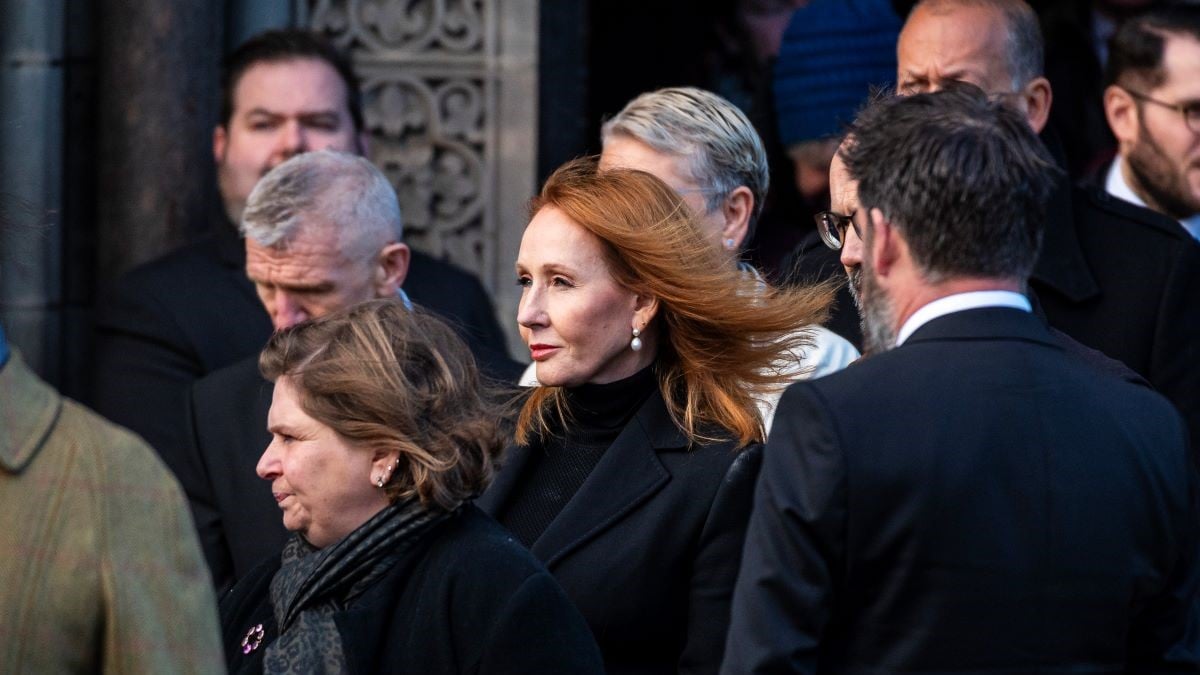

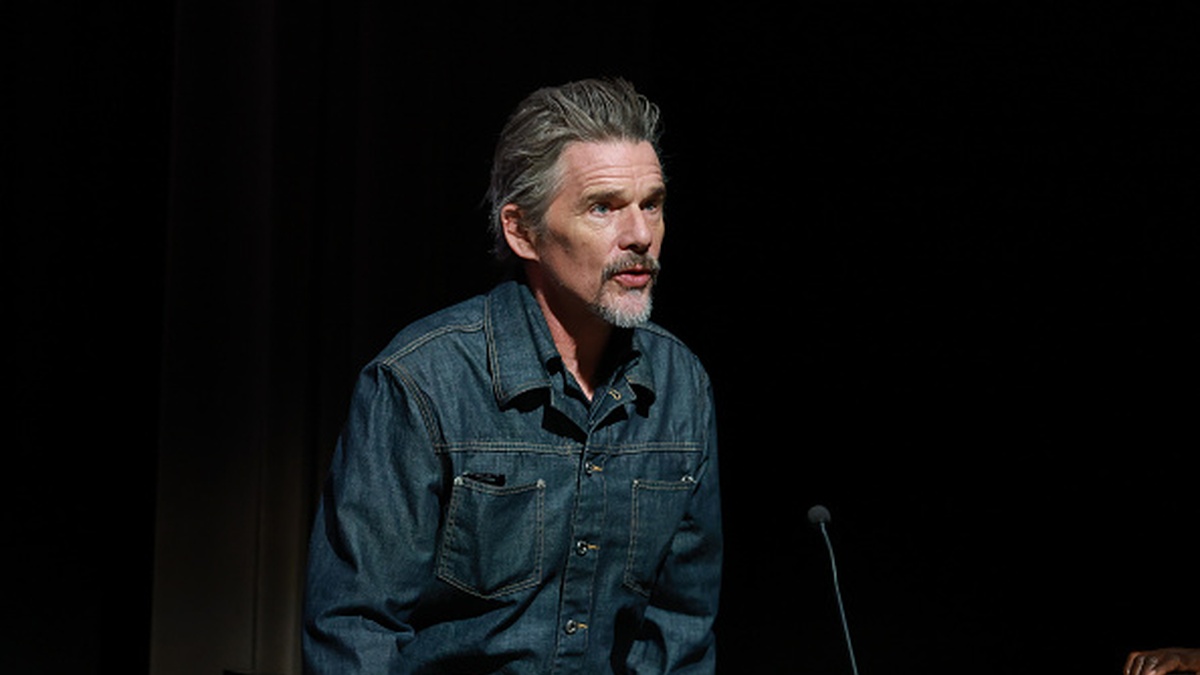

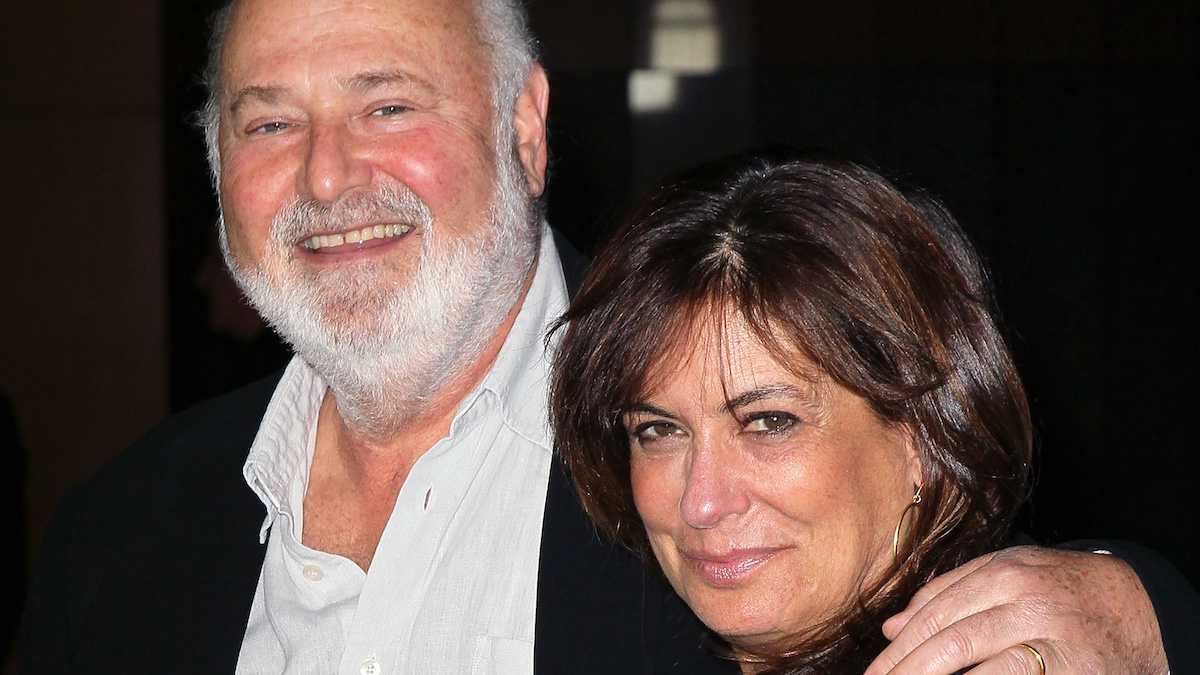
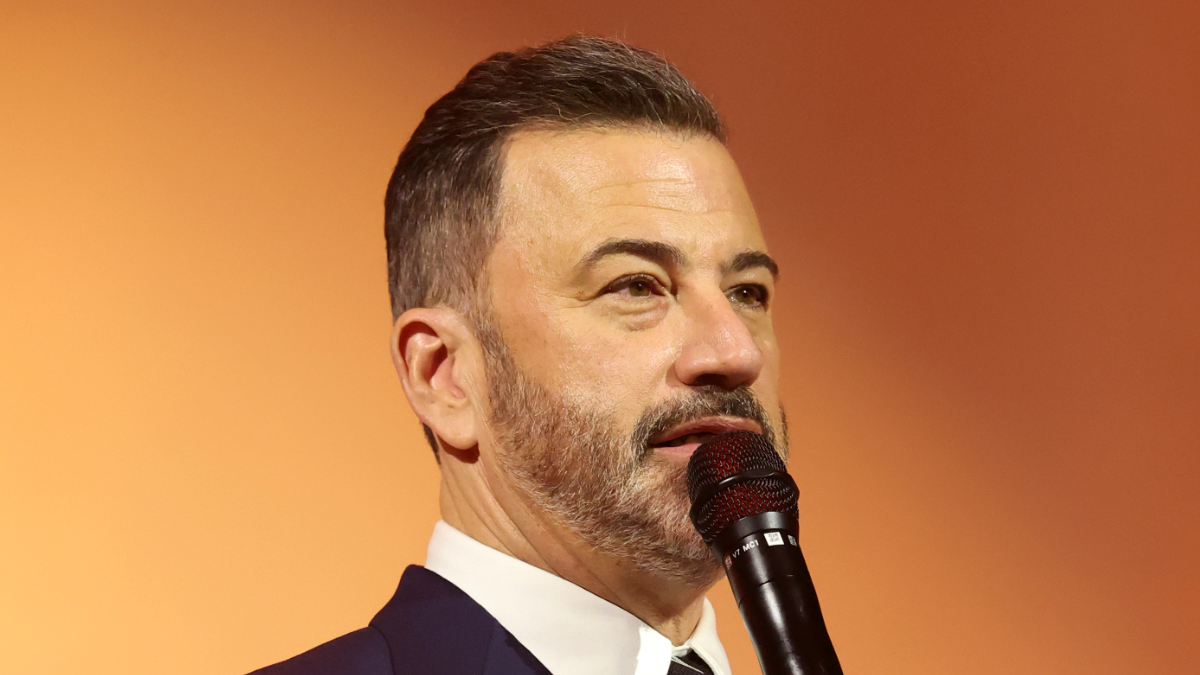
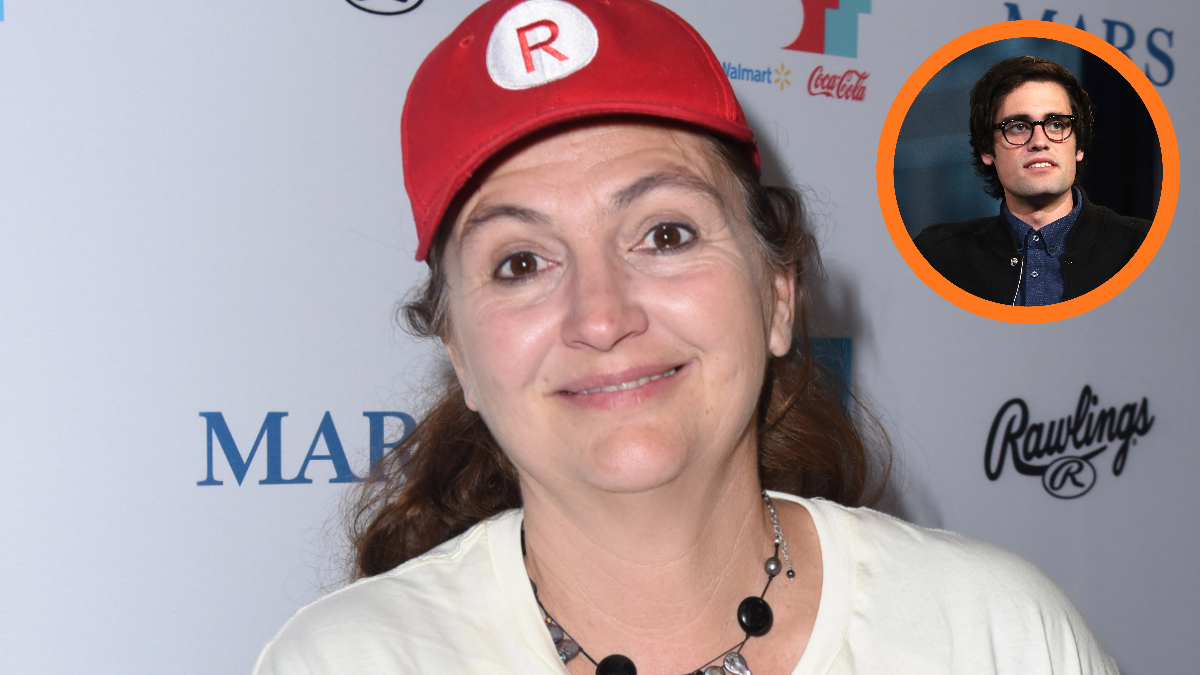

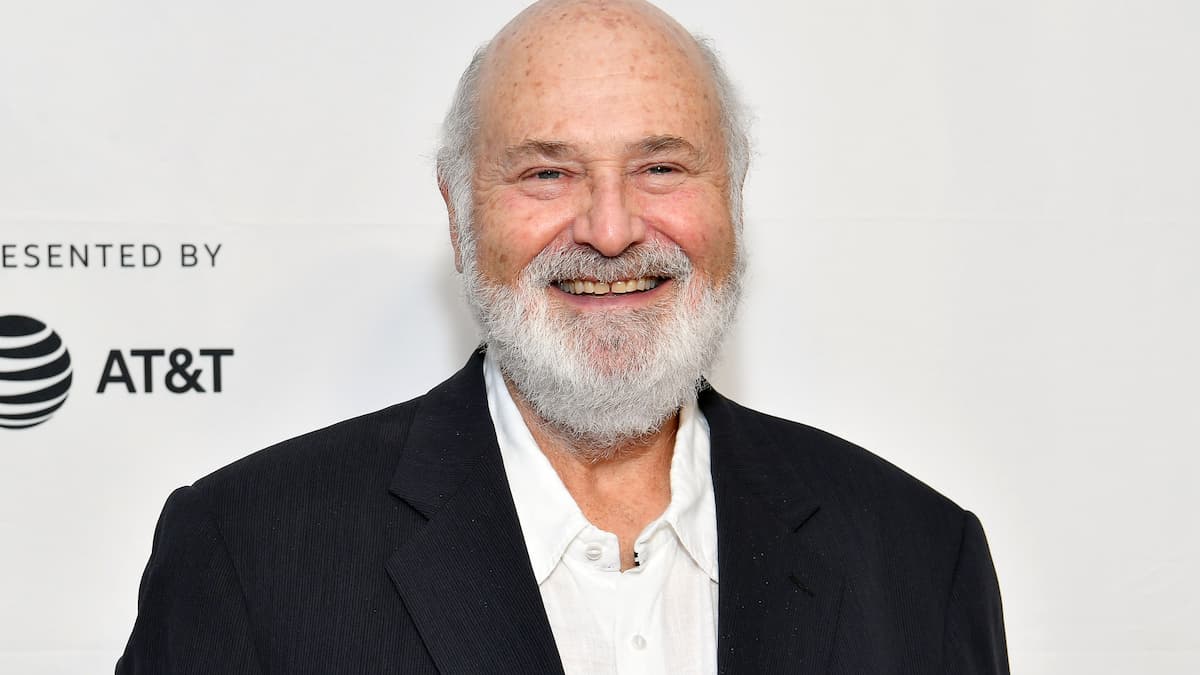

Published: Sep 13, 2024 12:59 pm